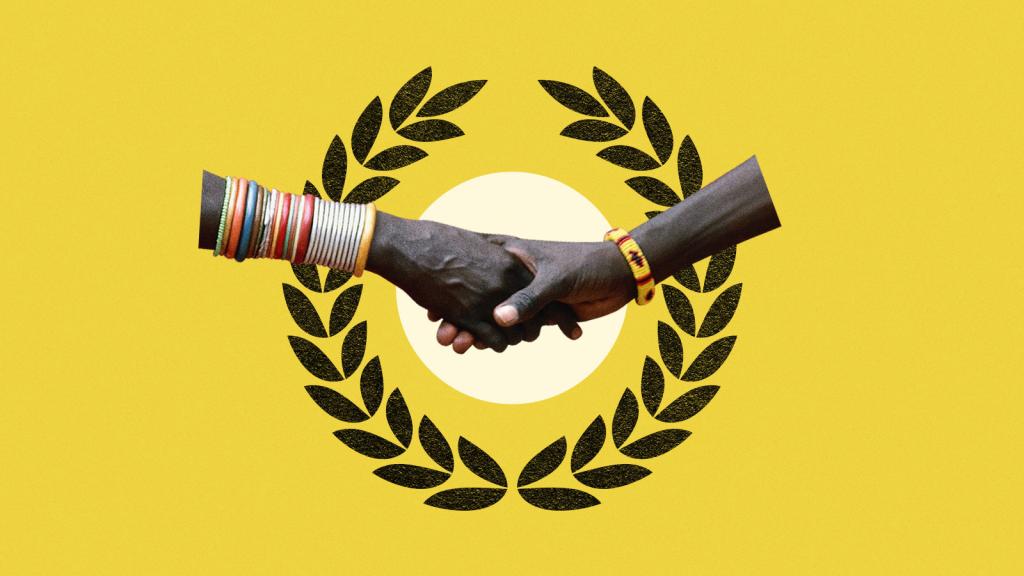Lance Armstrong will soon unveil his 18,000-square-foot Austin-based bike shop, Mellow Johnny’s (named after the Tour de France’s yellow jersey — or “maillot jaune”). The goal of the shop is to promote bike culture and bike commuting:
“This city is exploding downtown. Are all these people in high rises going to drive everywhere? We have to promote (bike) commuting…”
Showers and a locker room will allow commuters who don’t have facilities at their offices to ride downtown, store their bikes at the shop, bathe and catch a ride on a pedicab or walk the rest of the way to work.
Armstrong’s advocacy could move mountains. Cycling has always been a trend-driven sport. As far back as the 1800s, manufacturers promoted their technological innovations by sponsoring racers. In the U.S., bike sales boomed in the early ’70s (reaching a high they’ve never quite touched again) due to a sudden craze for road bikes.
That boom quickly fizzled. The industry lacked the breadth of products to sustain consumer interest. For casual riders, a lightweight performance bike just wasn’t the right choice for commuting, running errands, or hauling cargo.
Then, in the ’80s, a group of obsessed hobbyists in California invented the mountain bike, upending the industry and sparking a more sustained boom. At one point, mountain bikes comprised 60% of bikes sold, even though most of these machines never saw a trail. The sturdy frame, thick tires, upright riding position, and forgiving suspension of a typical mountain bike suited it well to cities and sidewalks.
Today, the mountain bike has led to a flowering of cruisers, commuters, and comfort bikes. Some have described the present day as a golden era for bikes. But despite the rosy outlook, sales have been level — decently high, but not really growing.
Back when Lance was powering his way to seven consecutive Tour de France victories, the cycling industry referred to the “Armstrong effect,” the sales boost that resulted directly from Lance fandom. The runaway success of Lance’s Livestrong campaign further testified to the man’s broadbased appeal.
Now Lance has turned his attention to promoting bikes for the rest of us. If he succeeds, his most lasting legacy might be as an environmental champion.

